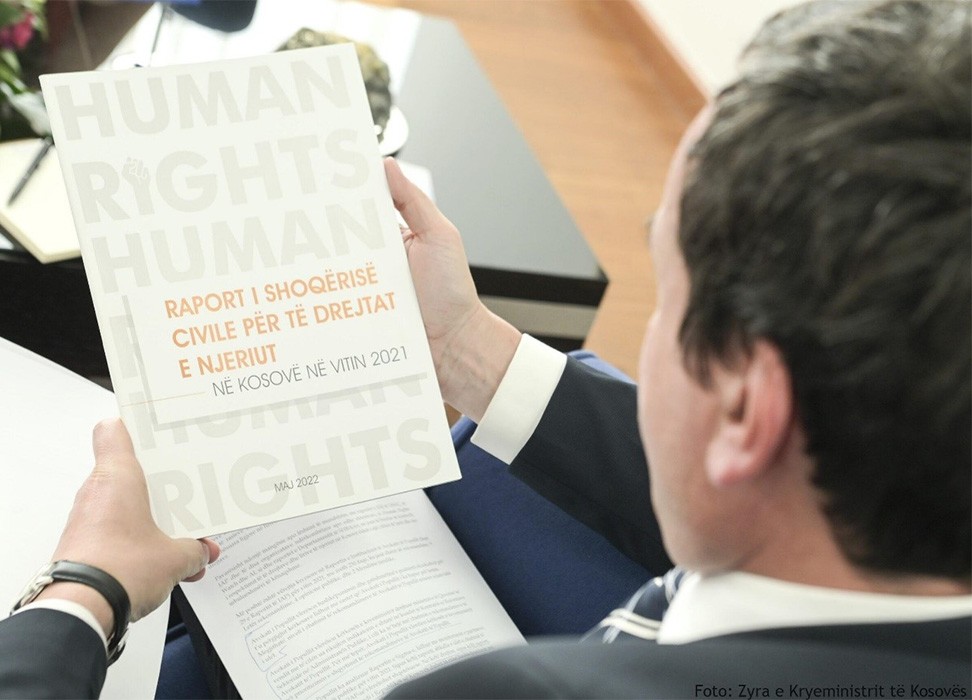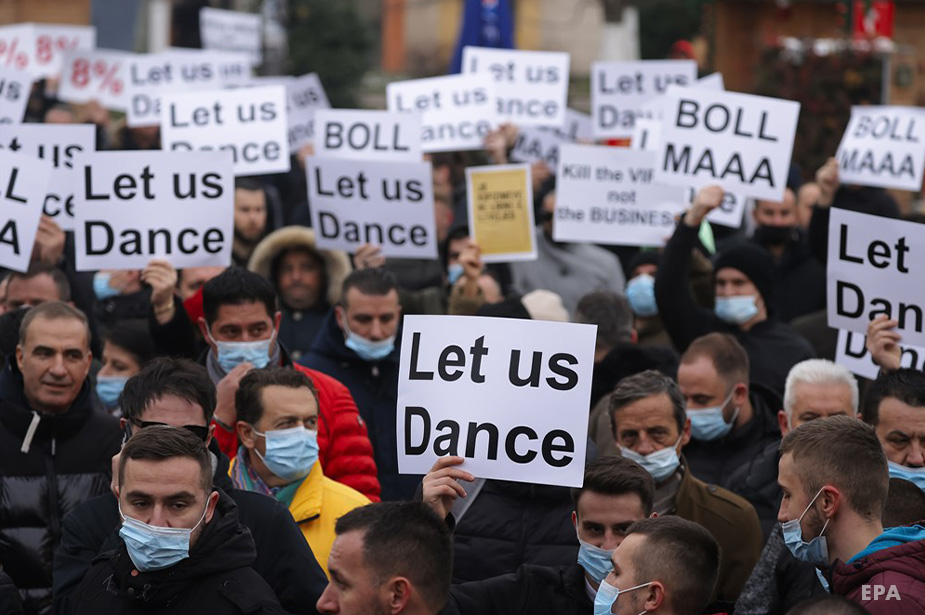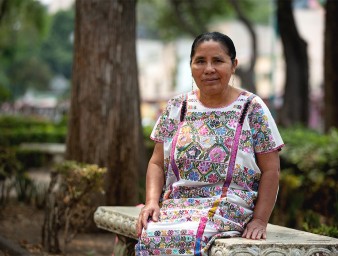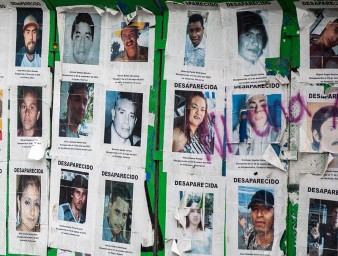New civil society report on Kosovo* promotes human rights for all
10 November 2022

“Human rights reporting, analysis and monitoring by civil society organizations is crucial to advance human rights in Kosovo* and increase the accountability of institutions,” said Jerome Bouyjou, Chief of the UN Mission in Kosovo’s Human Rights Component (UNMIK) and Representative of the UN High Commissioner for Human Rights in Kosovo.
A group of thirty-seven key non-governmental organizations (NGOs) launched their third joint report on the human rights situation in Kosovo with the support of UN Human Rights and the UNMIK.
In November 2021, the Human Rights Network (HRN) was established with UN Human Rights and UNMIK’s support. The network is a coalition of grassroots civil to advocate for the realization of human rights for all people in Kosovo. Following the HRN’s establishment and with its guidance, the contributing NGOs from different ethnic backgrounds produced the third report.
"It has also allowed for closer cooperation between civil society, the Ombudsperson and decision makers in the Government in the field of human rights,” Bouyjou said.
Bouyjou also added the report provides a comprehensive document on a wide range of civil, political, economic, social and cultural rights, as well as human rights issues relating to specific groups and people in vulnerable situations. It features cross-cutting human rights topics such as corruption and human rights, transitional justice, the right to freedom of expression and the environment and human rights.
Highlights
The ongoing COVID-19 pandemic continued to impact the development of the human rights situation in Kosovo in 2021. A sudden outbreak in August 2021 required the Government to enforce restrictions to stop the virus from spreading including imposing a curfew and limits on in-person education. These measures restrict the right to peaceful assembly, religion, cultural rights, movements and related rights that can intersect with the effective management of the pandemic outbreak, according to the report.

People working in the culinary sector attend a protest in front of the government building against restrictions taken due to COVID-19 and the non-provision of economic aid, in Pristina, Kosovo, 15 December 2021. EPA-EFE/VALDRIN XHEMAJ
The report also stresses how the pandemic put a strain on the Kosovo’s judicial system by how the excessive number of cases impeded basic administrative rights and the containment restrictions caused by the pandemic limited the number of court hearings, restricting access to justice and the right to a trial within a reasonable time.
As in many parts of the world, in Kosovo, the COVID-19 crisis disproportionately impacted the LGBTQI+ community. Before the pandemic, the LGBTQI+ community in Kosovo faced a range of human rights challenges that were only amplified with the onset of the crisis, according to the report.
Gender-based violence, including domestic violence, increased because of COVD-19 lockdowns, with many in the community still living with their families and the community was found to be the most discriminated against group in Kosovo.
Another issue impacting the LGBTQI+ community in Kosovo is the government’s approval of a Draft Civil Code, which has yet to be adopted by the Assembly, does not foresee same-sex unions within the law itself and leaves this to a future special law, raising concerns for discrimination. Amendments to the Criminal Code, however, enable the imposition of harsher sentences when it is proven that a perpetrator committed a criminal offence based on a victim’s sexual orientation or because of a perception relating to sexual orientation.
The report urges central and local institutions in Kosovo to ensure effective implementation of the new provisions within the Criminal Code, act in cases of hate speech and hate crimes towards the LGBTQI+ community, provide shelters and psychological support for LGBTQI+ people, ensure adequate completion of the legal framework about gender, and revise unconstitutional provisions regarding marriage and cohabitation within the Draft Civil Code.
The safety of journalists and press freedom is another concern the report highlights. Kosovo lacks sufficient implementation of relevant laws to safeguard them. NGOs are concerned with the cases of threats, denigrating language, and physical attacks against journalists reported during 2021 and an increase in the use of Strategic Lawsuits against Public Participation (SLAPPs).
To address this, recommendations include, among others, the judiciary obtain more specific trainings on the European Court of Human Rights, a sustainable mechanism to assist those receiving SLAPP lawsuits, and adequate measures be put in place and implemented to guarantee journalists’ safety in cases of protests.
A platform for change
Naim Qelaj, Ombudsperson in Kosovo, said the report reflects the voices of those who are in vulnerable situations or who have had their human rights violated.
“I always think that the difference exists here because the vast majority of reports come as a result of findings from information obtained from institutions, either through statistics or through direct contact, and it is very important to have a report that in addition to contact with institutions also has contact with the people,” Qelaj said.
Activist Mimoza Gavrani from Pristina, Kosovo said that she will use the report to inform her advocacy work and hopes it will help advance the implementation of legislation shaped by its recommendations regarding the Roma, Ashkali and Egyptian communities.
"It is obvious that the report as such, brings to another level reporting on many relevant topics which mainly affect the domain of human rights, including education and health, Gavrani said.
Marigona Shabiu, Executive Director at the Youth Initiative for Human Rights in Kosovo and a member of the Human Rights Network, envisions the report as having a positive impact.
“In addition to further advancing the cooperation and coordination of CSOs, this report continues to fill a critical gap by providing joint human rights monitoring and reporting in Kosovo, both locally and internationally,” Shabiu said.
* All references to Kosovo should be understood to be in full compliance with United Nations Security Council resolution 1244 (1999).



